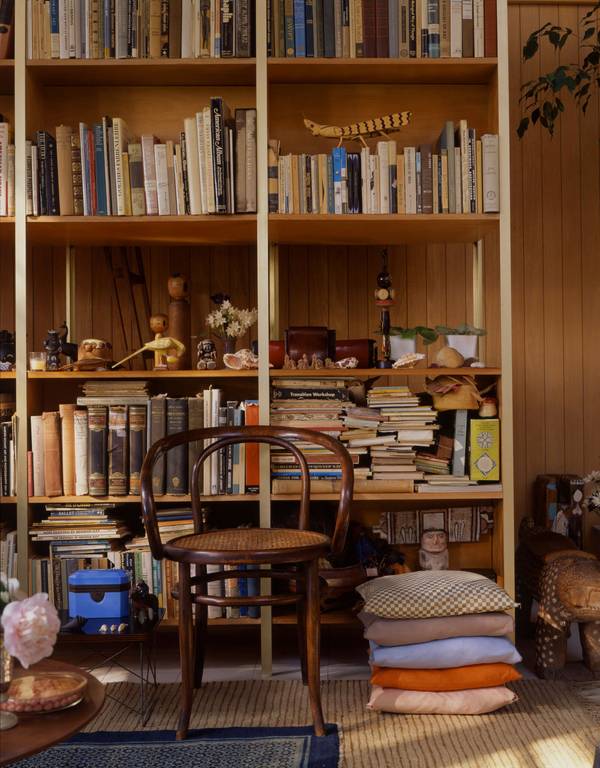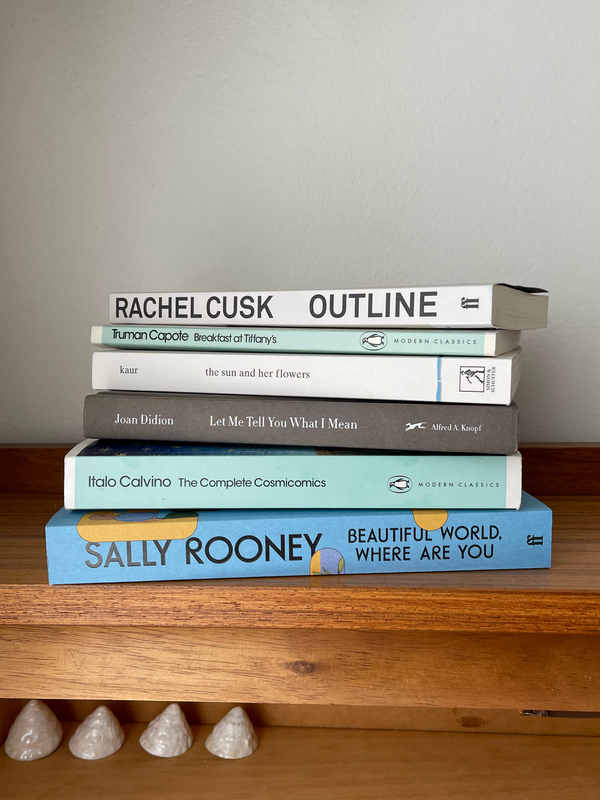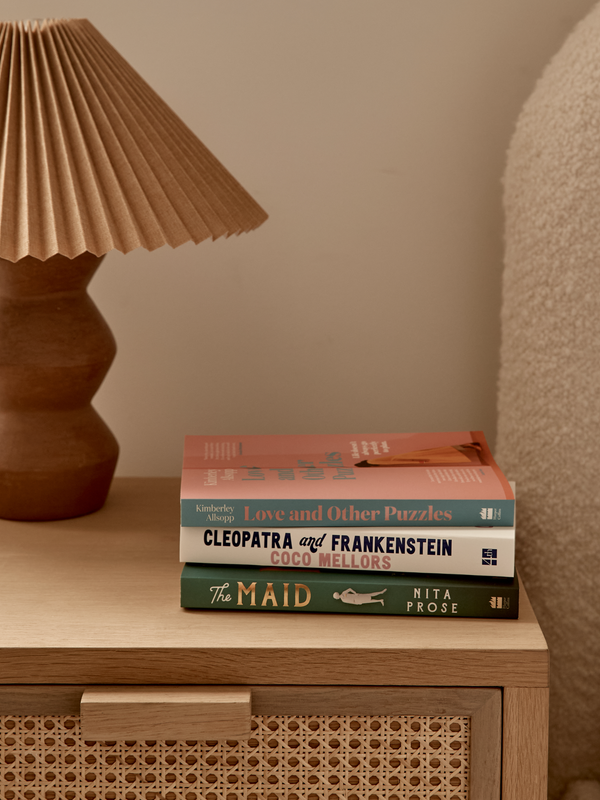Want to know what writers like to read? We asked authors, editors, poets and bibliophiles to share the book that changed their life, as well as advice on how to curate a home library and choose a great book.
Isobel Beech, author of Sunbathing
The book that changed my life…
Rosemary’s Baby by Ira Levin
I just can’t go past a moody, sensual occult mystery, particularly when set in a gothic New York apartment building. Such a gripping and harrowing tale — particularly of motherhood and the objectification of women’s bodies — but more than that, such elegant writing and such vivid scenes (ones that will stay with me forever).
Top tip for curating a home library:
Give yourself the authorisation to stop reading something if you’re not engrossed. Then take that book down to a secondhand shop where somebody who might love it can find it.
Tom Pitts, author of Electric and Mad and Brave
The book that changed my life…
Mrs Dalloway by Virginia Woolf
Mrs Dalloway was the first time I felt an author reach into my soul and describe what was there, understanding thoughts and feelings and articulating them in a manner that was startlingly true. Virginia Woolf knew my heart better than I knew it myself; and reading this book started an enduring search for those voices who can pinpoint our most aching feelings, who can identify them and explain them to us.
Top tip for curating a home library:
I don’t tend to read two books in a row by the same author. For me, they somehow become mixed up in each other. I don’t like to read blurbs either. I find books are their most effective when they take us by surprise, when they come from nowhere. With that in mind, if I’m curating a library then the most important thing is variation. Vary style, vary era, vary perspective and voice.
Laura Brading, co-founder of WellRead book subscription service
The book that changed my life…
What We Talk About When We Talk About Love by Raymond Carver
I know I sound like the clichéd creative-writing student that I once was, but this book showed me that stories could be told quietly and gently, that less is often more, and that a good writer can reveal emotional truths in very words. Later I would come to Alice Munro and Lorrie Moore who do similar things, but Carver was the first writer who showed me this magic.
Top tip for curating a home library:
Read widely. Read often. Take risks. Ask booksellers and bookish people what their favourite books are and read them. Don't feel like you have to do the classics if you're not drawn to them. And don't feel like you have to finish a book if it's not your jam. Reading is not equated to moral superiority. It should be pleasurable or provoking or pacifying, but never a chore.




